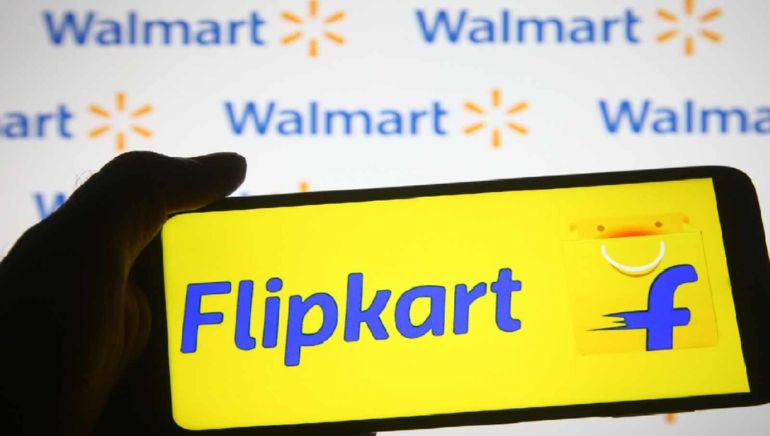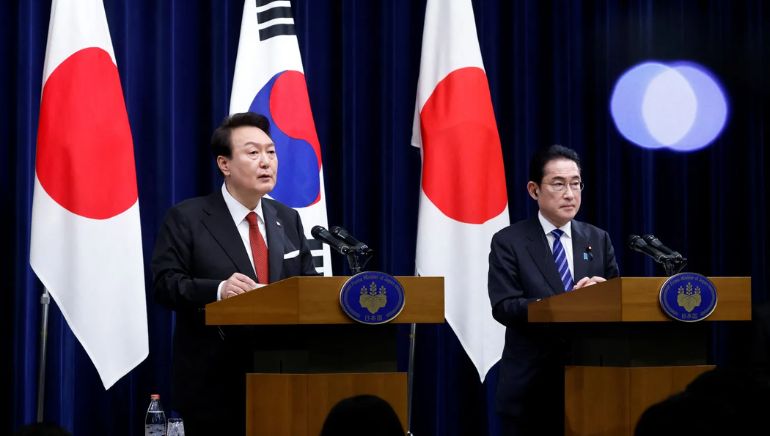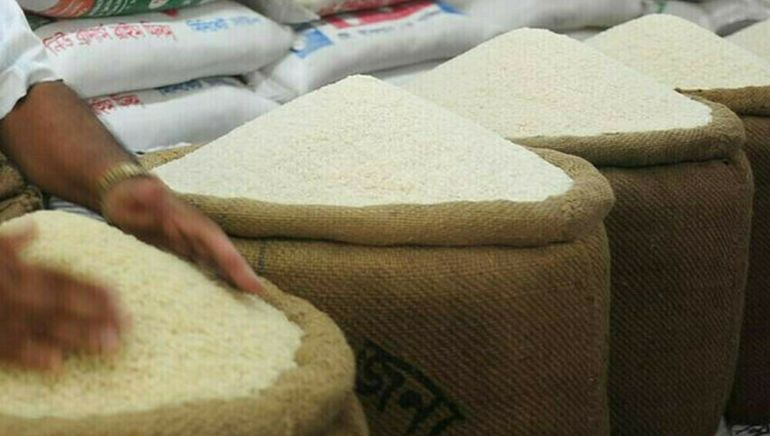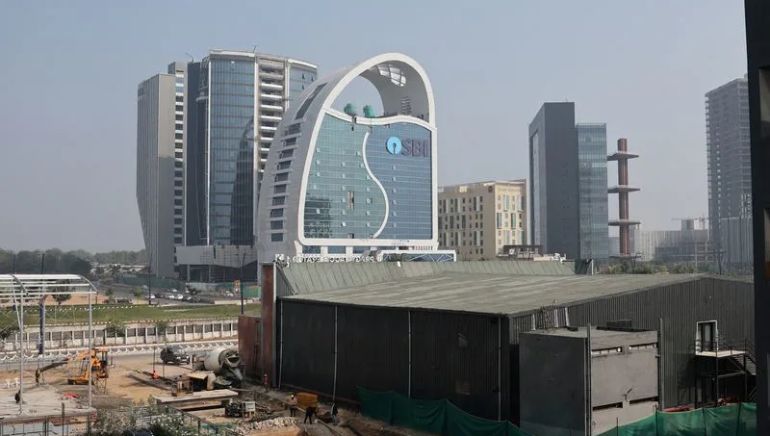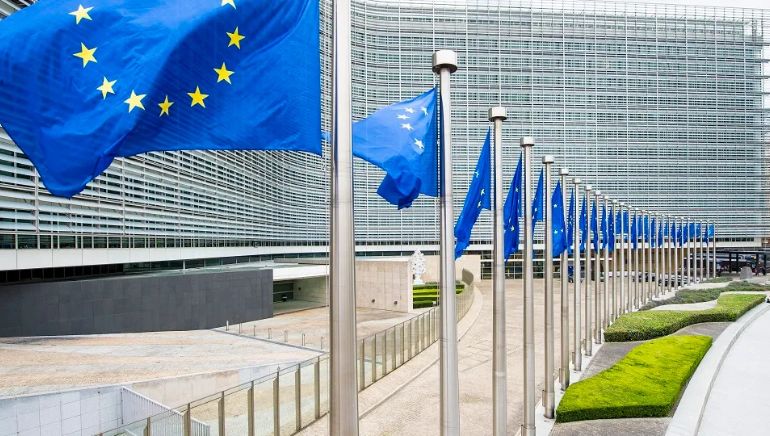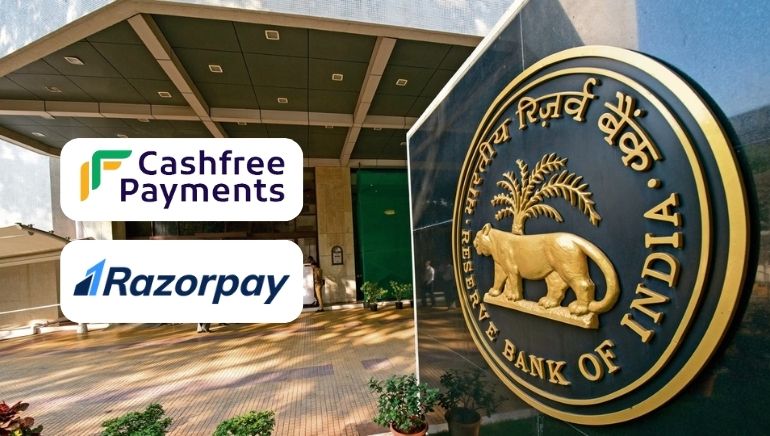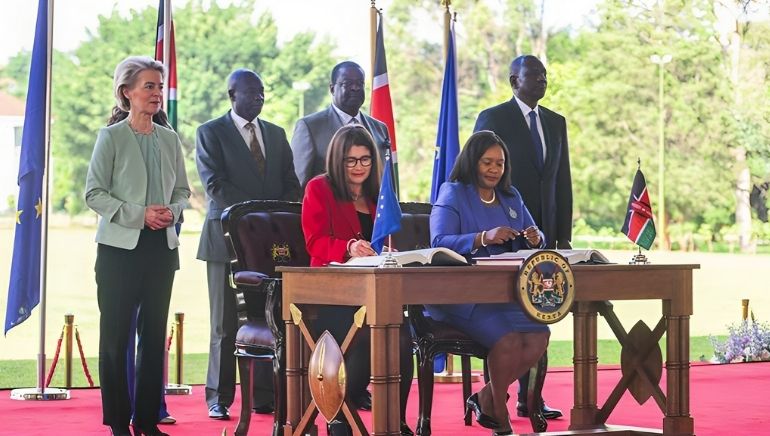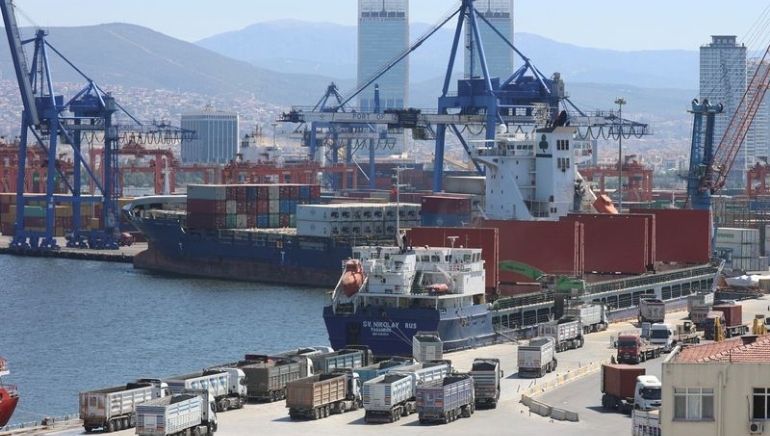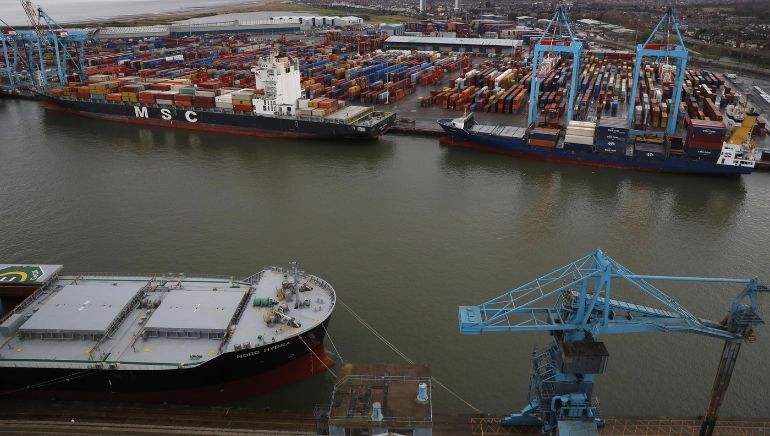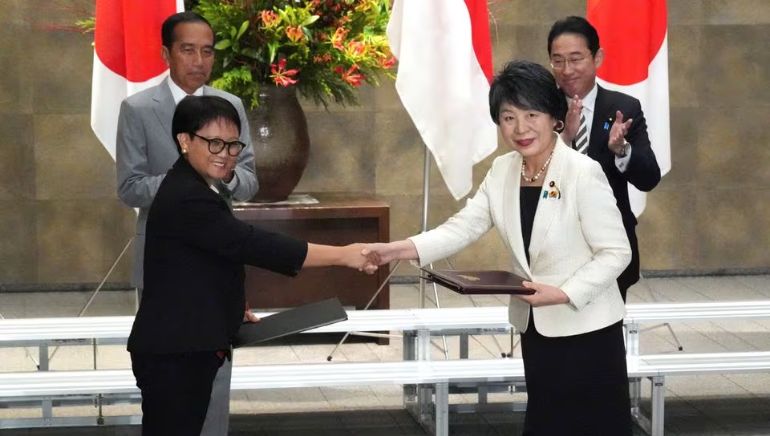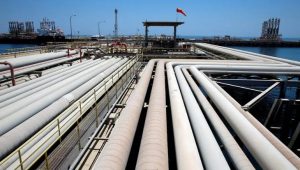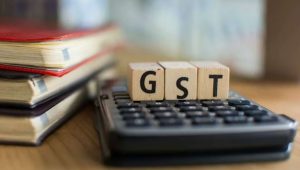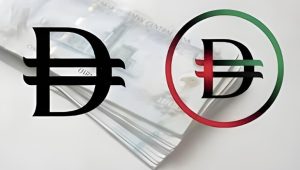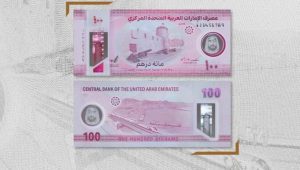Walmart, the largest shareholder of Indian e-commerce giant Flipkart, is poised to invest approximately $600 million in a new fundraise for the startup, as confirmed by a Flipkart spokesperson on December 21.
Reports suggest that Flipkart is actively engaging in talks to secure a total of $1 billion in fresh funds, with discussions underway for new investors to join the funding round.
According to sources familiar with the matter, the latest funding is anticipated to value Flipkart at a premium of about 5% to 10% compared to its current valuation of $33 billion. However, this falls short of the nearly $38 billion valuation the company attained in 2021.
Walmart, a U.S. retail giant, has been intensifying its presence in the Indian market since acquiring a 77% stake in Flipkart for approximately $16 billion in 2018. Earlier this year, Walmart increased its control over Flipkart by acquiring remaining stakes from hedge fund Tiger Global and venture capital firm Accel for $1.4 billion.
Flipkart, focusing on small towns and cities, has emerged as one of India’s leading online marketplaces, distinguishing itself from urban-centric rival Amazon.
The company adjusted its plans for an initial public offering (IPO) to 2023 and internally raised its IPO valuation target to $60-$70 billion in 2022.





